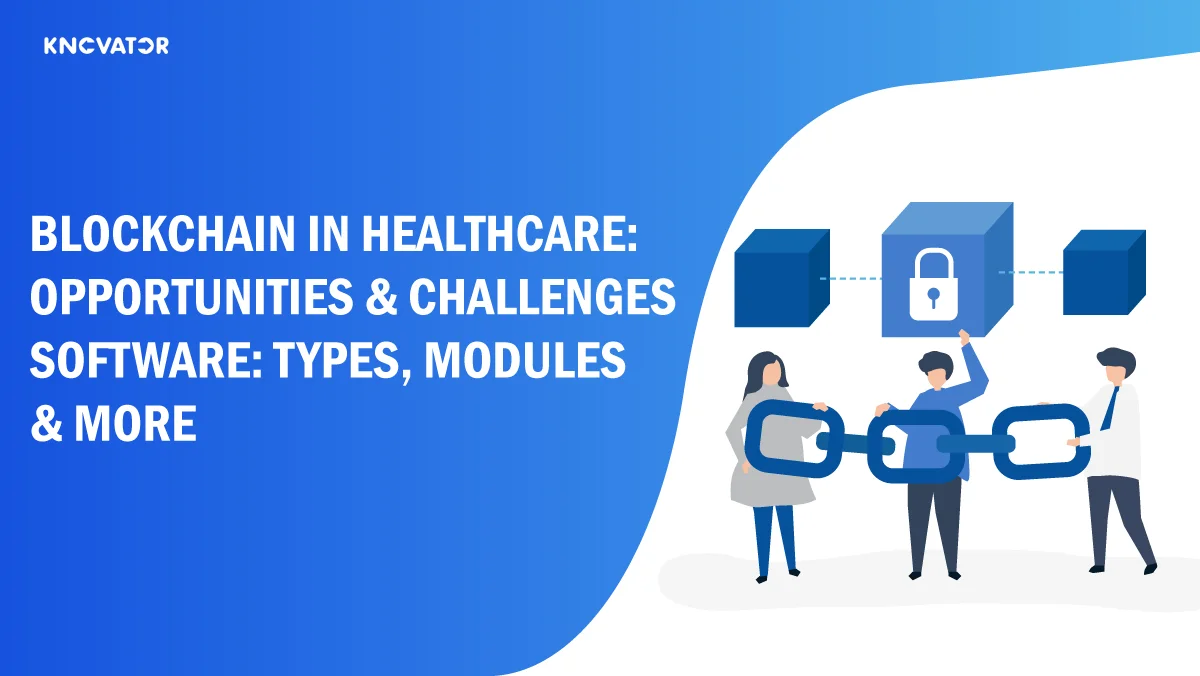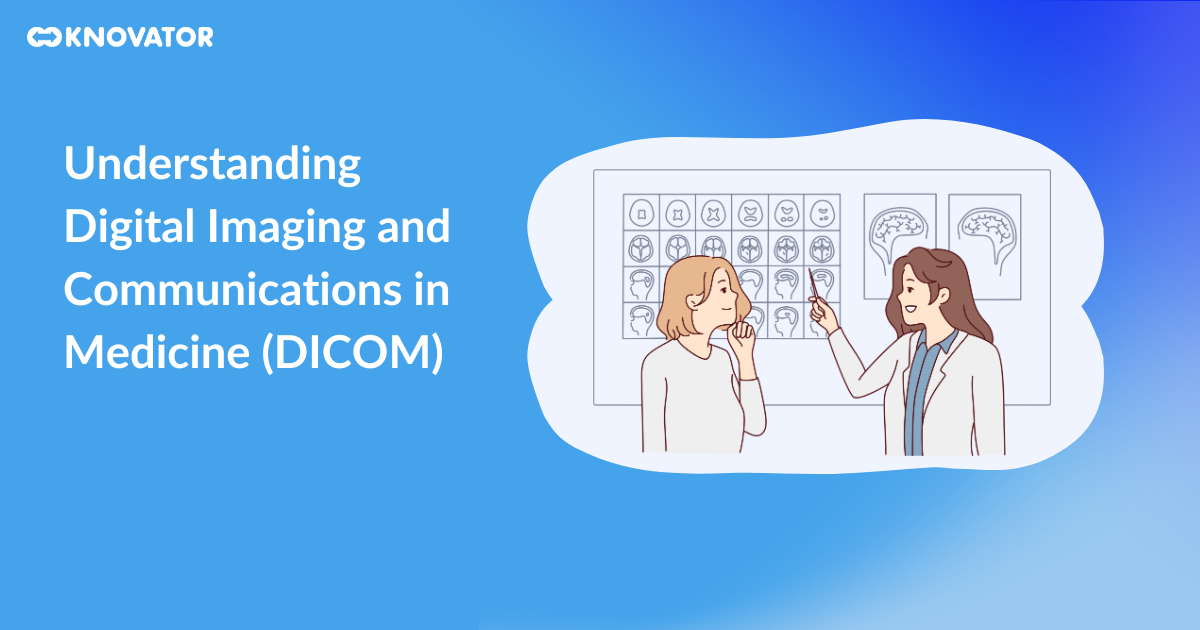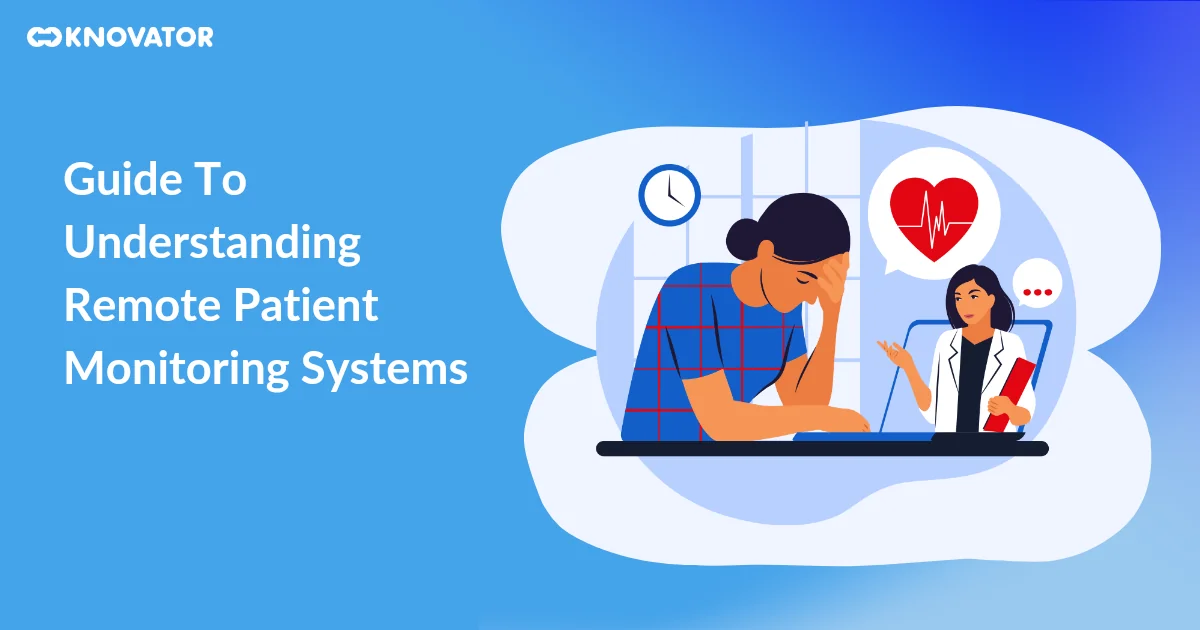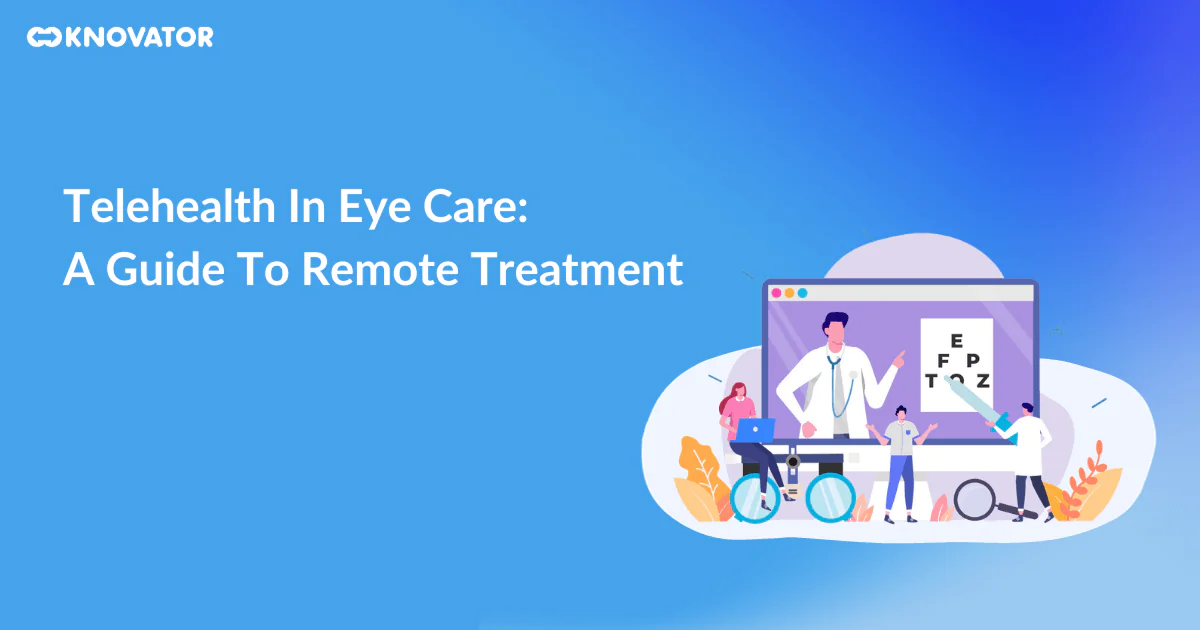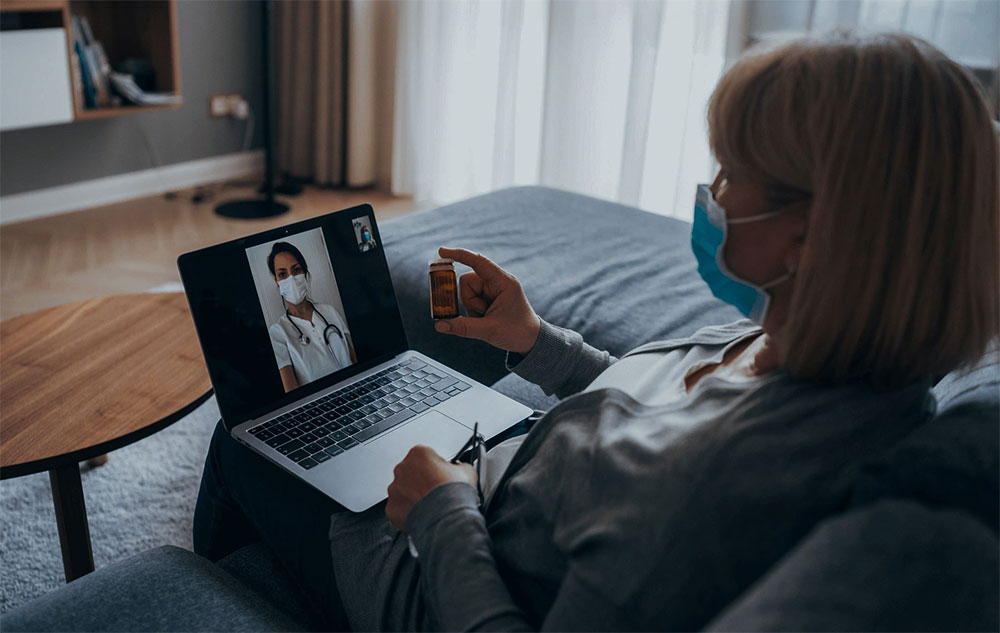As technology continues to evolve, the question, “What is blockchain and how can it provide opportunities for healthcare?” becomes more pressing. Blockchain, a decentralized ledger system, has been making waves across various industries, but its implications for healthcare are particularly promising.
So why does blockchain matter in healthcare? Well, imagine a world where medical data is available to any healthcare provider as soon as it’s needed, without any risk of it being tampered with or stolen. A world where patient records are updated in real-time, with consent, and without errors. This is the promise of blockchain in healthcare.
The Blockchain Health IT challenge refers to the current efforts of incorporating this emerging technology into our existing healthcare systems. It’s about finding ways to use blockchain to increase data security, interoperability, and ultimately, the quality of healthcare services. It’s a significant challenge but also an exciting one, as it could completely transform how we approach health IT.
While blockchain in healthcare is still in its nascent stages, it’s attracting considerable interest. According to Deloitte, 35% of healthcare and life sciences organizations plan to deploy a blockchain solution within the next year. This is a testament to the growing recognition of blockchain’s potential in solving some of the most significant challenges in healthcare.
However, it’s not a simple task. The Blockchain Health IT challenge involves several complex components. This includes everything from developing standards for blockchain use in healthcare to figuring out how to integrate blockchain systems with existing IT infrastructure. It’s a major undertaking, but the potential benefits are well worth it.
What Is Blockchain And How Can It Provide Opportunities for Healthcare?
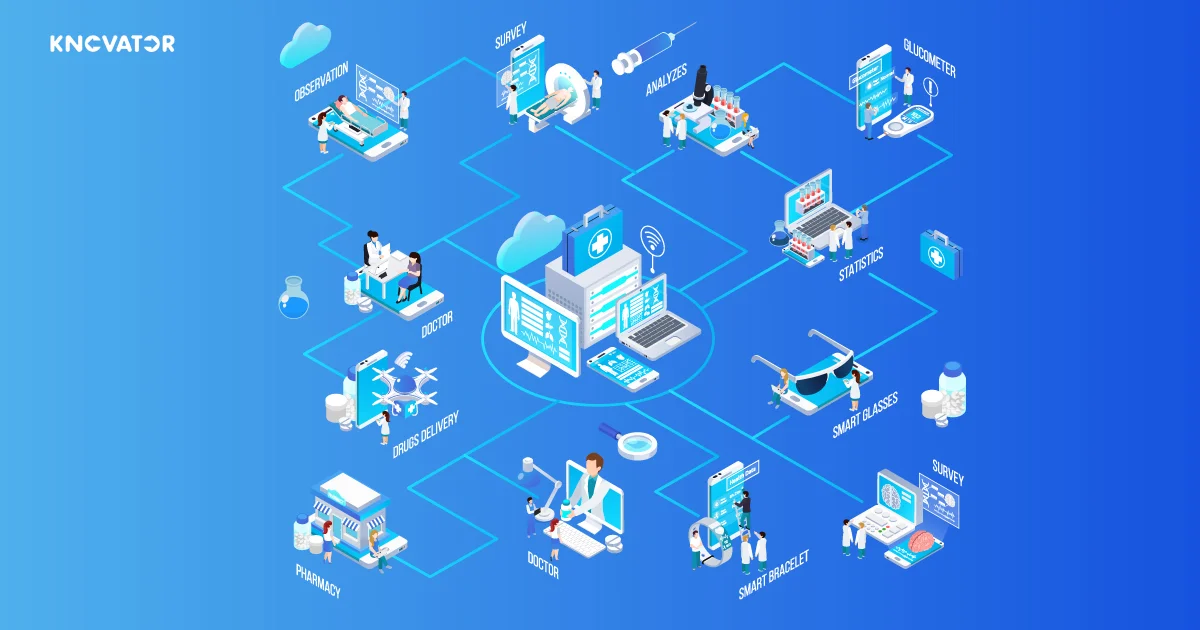 Before we dive deeper into the specifics of the Blockchain Health IT challenge, it’s essential to understand what blockchain is and how it works. Blockchain is a decentralized digital ledger that records transactions across multiple computers so that the record cannot be altered retroactively. Each block in the blockchain contains a list of transactions. Once a block is filled, it’s linked to the preceding block, forming a chain.
Before we dive deeper into the specifics of the Blockchain Health IT challenge, it’s essential to understand what blockchain is and how it works. Blockchain is a decentralized digital ledger that records transactions across multiple computers so that the record cannot be altered retroactively. Each block in the blockchain contains a list of transactions. Once a block is filled, it’s linked to the preceding block, forming a chain.
The primary advantage of blockchain is its security and transparency. Once a transaction is recorded on the blockchain, it cannot be changed or deleted. This creates an immutable record of every transaction. Moreover, the decentralized nature of blockchain means there’s no central authority, making it more resilient against attacks.
So how can blockchain provide opportunities for healthcare? Well, healthcare systems globally are struggling with several challenges, such as data security, interoperability, and patient privacy. Blockchain’s features can potentially address all these issues. For instance, blockchain can help prevent data breaches, a major issue in healthcare, by encrypting health data and ensuring it can’t be changed or deleted. Furthermore, its decentralized nature can facilitate interoperability, allowing multiple healthcare providers to access and update patient records in real-time, with the patient’s consent.
Blockchain also has the potential to improve clinical trials and research. It can provide a secure and immutable record of all clinical trial data, ensuring that results aren’t manipulated. Additionally, blockchain can ensure that patient consent is obtained in a transparent and verifiable manner, which is crucial for ethical research. However, the potential applications of blockchain in healthcare go beyond just data management. Blockchain could also be used to track drug supply chains, ensuring the authenticity of drugs and preventing counterfeits. Additionally, it could facilitate seamless and secure health data exchange across borders, which is particularly relevant in our increasingly globalized world.
In summary, blockchain presents a wealth of opportunities for healthcare. It could provide solutions to some of the most persistent issues in health IT, improving healthcare delivery and patient outcomes.
Blockchain In Healthcare: 17 Examples To Know
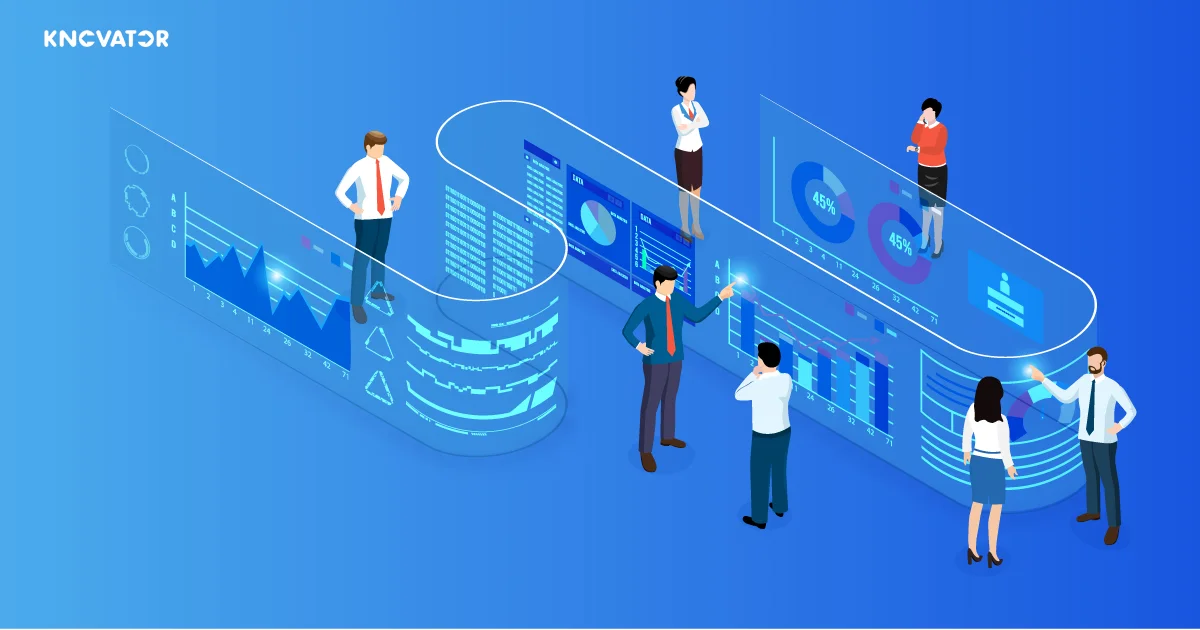 If you’re still wondering about the practical applications of blockchain in healthcare, here are 17 examples to illustrate its potential:
If you’re still wondering about the practical applications of blockchain in healthcare, here are 17 examples to illustrate its potential:
- Securing patient records: With blockchain, patient records can be securely stored and updated in real-time. This can prevent data breaches, reduce errors, and improve patient care.
- Tracking drug supply chains: Blockchain can be used to track drugs from manufacturer to patient, ensuring authenticity and preventing counterfeits.
- Simplifying claims management: Blockchain can automate the claims management process, reducing errors and fraud.
- Enhancing medical research: By providing a secure and immutable record of clinical trial data, blockchain can ensure the integrity of medical research.
- Ensuring patient consent management: Blockchain can provide a transparent and verifiable way of obtaining patient consent, which is essential for ethical research and patient privacy.
- Improving provider directory management: With blockchain, provider directories can be updated in real-time, improving accuracy and efficiency.
- Streamlining clinical trials: Blockchain can help manage and record all aspects of clinical trials, including patient recruitment, data collection, and results reporting.
- Facilitating genomic research: With its capacity to handle vast amounts of data, blockchain can facilitate genomic research, leading to more personalized treatments.
- Enabling telemedicine: Blockchain can facilitate secure communication between patients and doctors during telemedicine consultations, ensuring patient privacy and data security.
- Preventing medical device fraud: By storing device data on a blockchain, manufacturers can ensure the authenticity of medical devices and prevent fraud.
- Ensuring data integrity in wearables: Blockchain can secure data from wearable devices, ensuring its accuracy and integrity for use in treatment plans.
- Securing Internet of Medical Things (IoMT): As more medical devices get connected to the internet, blockchain can help secure the IoMT and prevent hacks.
- Managing consent in data sharing: Blockchain can allow patients to control who has access to their health data, ensuring patient privacy while enabling data sharing.
- Promoting interoperability: Blockchain can facilitate the exchange of health data between different healthcare providers, promoting interoperability and comprehensive patient care.
- Facilitating health data exchanges: Blockchain can enable secure and efficient health data exchanges, both within and across borders.
- Improving healthcare payments: Blockchain can streamline healthcare payments, reducing fraud and improving efficiency.
- Ensuring the authenticity of medical credentials: By storing medical credentials on a blockchain, it’s possible to ensure their authenticity and prevent fraud.
These are just a few examples of how blockchain can be used in healthcare. As the technology continues to evolve, it’s likely that we’ll see even more innovative applications in the future.
Blockchain Healthcare Companies To Know
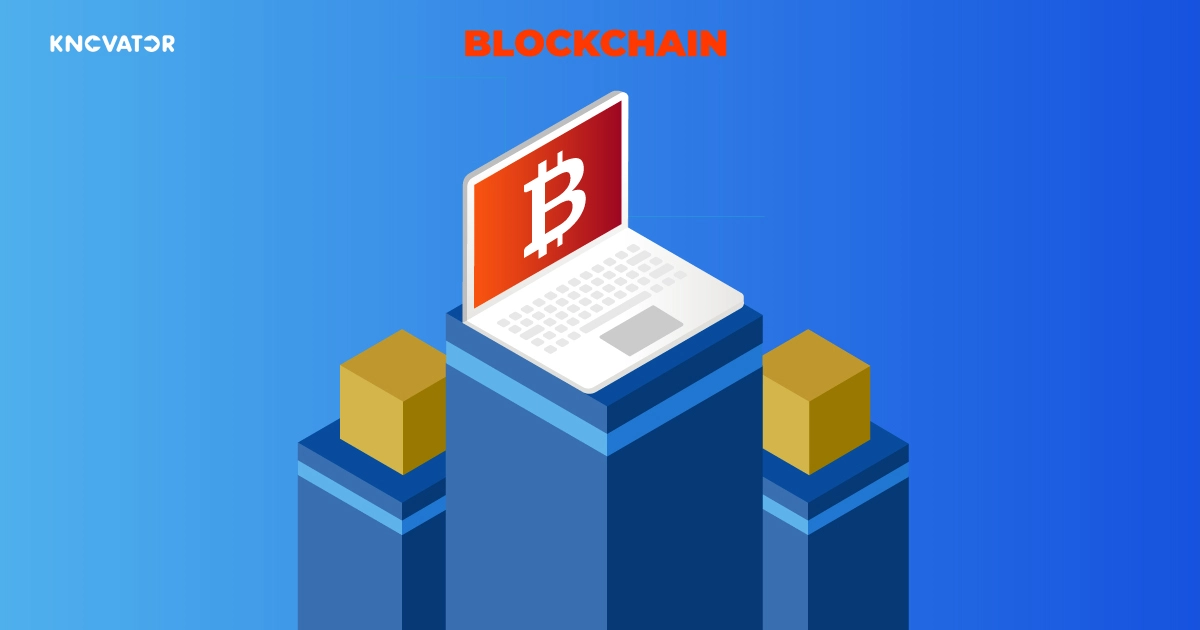 The future of blockchain in healthcare is already being shaped by several pioneering companies. Here are some key players you should know about: –
The future of blockchain in healthcare is already being shaped by several pioneering companies. Here are some key players you should know about: –
- IBM Blockchain: IBM is one of the leading providers of blockchain solutions across various industries, including healthcare. Their solutions are aimed at improving data sharing, ensuring patient consent, and enhancing the security of medical records.
- Guardtime: This blockchain security company has developed a health platform that ensures the integrity and usability of patient data, while also providing an immutable audit trail.
- Hashed Health: This healthcare innovation firm leverages blockchain to streamline operations, improve compliance, and enhance data security in the healthcare industry.
- Medicalchain: This company uses blockchain to securely store and share health records. Their platform allows patients to control who has access to their health data.
- Gem: Gem partners with healthcare providers to develop blockchain networks that improve data sharing and interoperability.
- Patientory: This company uses blockchain to secure patient data and facilitate collaboration between patients and healthcare providers.
These companies are at the forefront of incorporating blockchain into healthcare. They’re proving that, despite the challenges, the potential of blockchain in healthcare is too great to ignore.
Blockchain and Healthcare Data Security
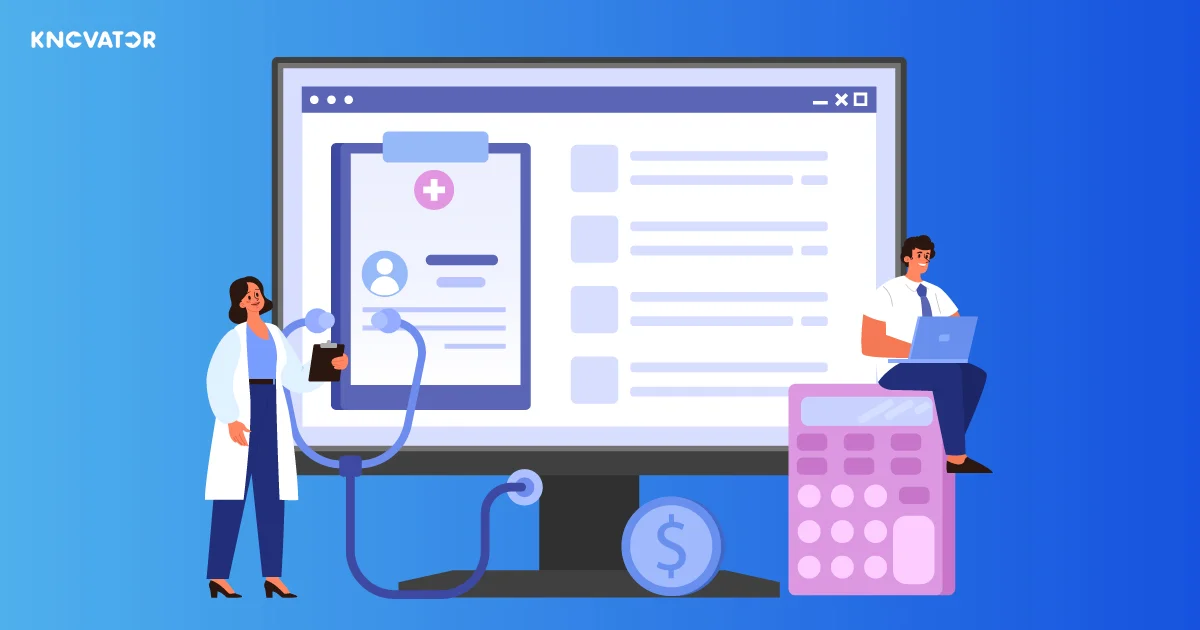 Data security is one of the biggest challenges in healthcare. From patient records to clinical trial data, healthcare organizations manage a vast amount of sensitive information. This data needs to be protected from breaches, while also being readily available for authorized personnel.
Data security is one of the biggest challenges in healthcare. From patient records to clinical trial data, healthcare organizations manage a vast amount of sensitive information. This data needs to be protected from breaches, while also being readily available for authorized personnel.
Blockchain technology can provide a robust solution to this problem. By creating an immutable, decentralized ledger of all data transactions, blockchain can enhance data security and prevent unauthorized access.
Every transaction on the blockchain is timestamped and linked to the previous one, making it virtually impossible to alter past records without the consensus of all participants in the network. This ensures data integrity and creates a transparent audit trail.
Moreover, the decentralization of data reduces the risk of a single point of failure. Even if one node in the blockchain network is compromised, the data remains secure. But the potential of blockchain for data security in healthcare goes beyond just storing patient records. It could also be used to secure Internet of Medical Things (IoMT) devices, which are increasingly being used in healthcare. These devices often collect sensitive patient data and are potential targets for hackers. Blockchain could protect this data, while also ensuring the authenticity of the devices themselves.
Furthermore, blockchain can facilitate secure data sharing, a critical aspect of modern healthcare. For example, it could be used to create a health information exchange (HIE) where patient data is readily available to authorized healthcare providers. This could improve patient care, particularly in emergency situations.
However, while blockchain offers significant potential for healthcare data security, it’s not a silver bullet. There are still technical challenges to overcome, including scalability and energy efficiency. Additionally, regulatory and legal issues around data privacy need to be addressed. But as the technology continues to evolve, it’s likely that these challenges will be addressed.
Ways Blockchain Can Secure Health Data
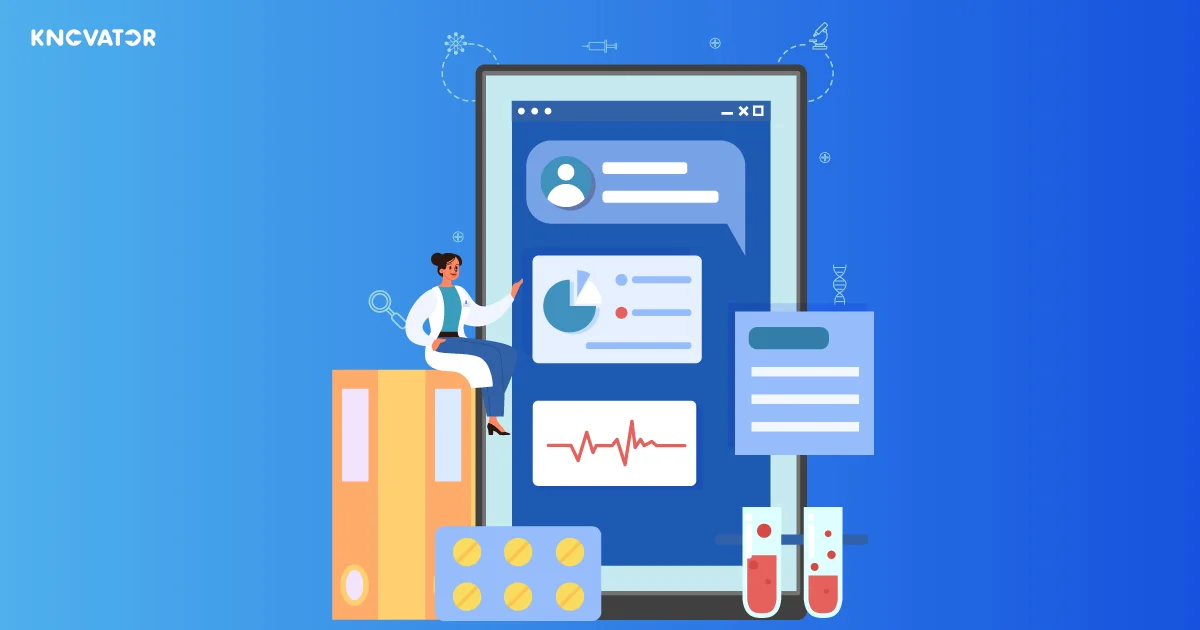 As we’ve discussed, blockchain can significantly enhance the security of health data. Here’s a closer look at some of the ways it can do this: –
As we’ve discussed, blockchain can significantly enhance the security of health data. Here’s a closer look at some of the ways it can do this: –
- Ensuring Data Integrity: Blockchain can ensure the integrity of health data by creating an immutable record of all transactions. Once data is entered onto the blockchain, it cannot be altered or deleted.
- Enhancing Data Privacy: Blockchain allows for the creation of private and permissioned networks, where access to data is strictly controlled. This can help ensure patient privacy.
- Preventing Data Breaches: The decentralized nature of blockchain can help prevent data breaches. Even if one node in the blockchain network is compromised, the data remains secure.
- Facilitating Secure Data Sharing: Blockchain can create a secure environment for health data exchange, where data is readily available to authorized parties, but protected from unauthorized access.
- Securing IoMT Devices: Blockchain can be used to secure IoMT devices, ensuring the authenticity of the devices and protecting the data they collect.
- Creating a Transparent Audit Trail: By recording every transaction on the blockchain, a transparent audit trail is created. This can help detect any unauthorized access or changes to the data.
Despite the potential of blockchain for securing health data, it’s essential to remember that it’s not a standalone solution. It needs to be part of a broader data security strategy that includes traditional security measures like encryption and firewalls. Furthermore, educating healthcare staff about data security is crucial, as human error is often a significant factor in data breaches.
Blockchain Medical Records
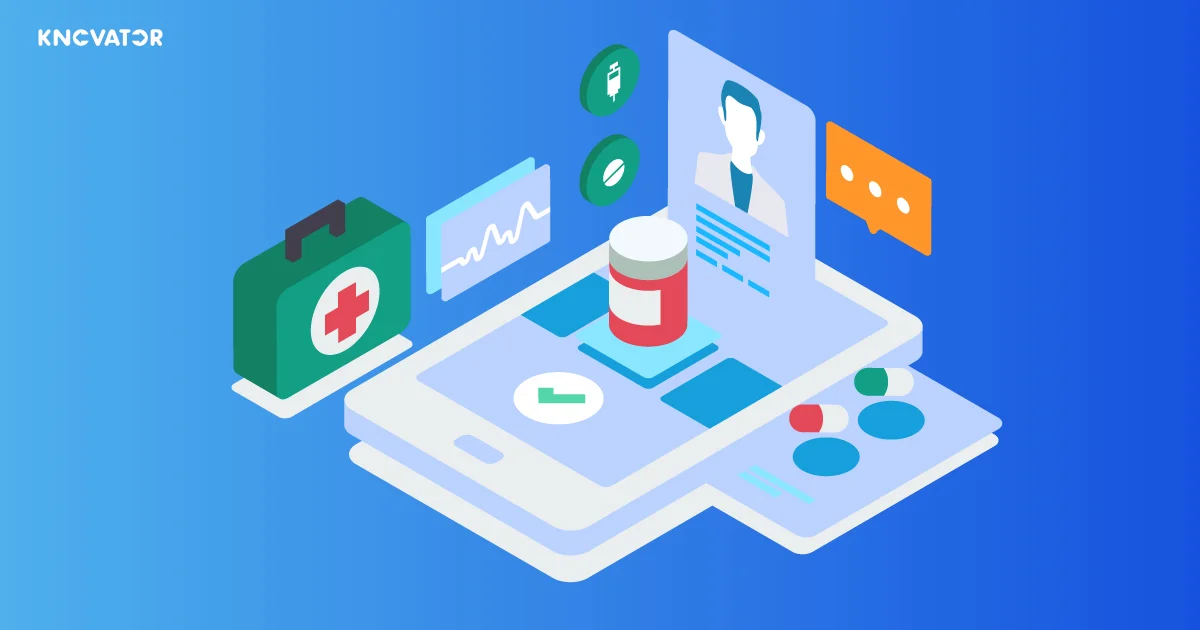 The healthcare sector is inundated with vast amounts of data, especially with the ongoing shift towards electronic health records (EHRs). Blockchain could revolutionize how these records are handled, stored, and shared. But how?
The healthcare sector is inundated with vast amounts of data, especially with the ongoing shift towards electronic health records (EHRs). Blockchain could revolutionize how these records are handled, stored, and shared. But how?
- Securing Data: One of the most significant advantages of blockchain in medical records management is the enhanced security it offers. With its immutable and decentralized nature, the data is safe from tampering and loss.
- Streamlining Data Sharing: Blockchain allows for real-time access to patient records for authorized personnel, regardless of their location. This could significantly improve the speed and quality of patient care, especially in emergency situations.
- Patient Empowerment: Blockchain technology can put patients at the center of the healthcare ecosystem by giving them control over their health data. They could decide who gets access to their records, for how long, and for what purpose.
- Improved Interoperability: With blockchain, health records can be seamlessly shared across different healthcare providers, solving the current issue of poor interoperability between different EHR systems.
- Transparent Audit Trails: Each interaction with the patient’s health data is recorded on the blockchain, creating a transparent and tamper-proof audit trail. This could be particularly useful for ensuring compliance with regulations like HIPAA.
Despite its potential, implementing blockchain for medical records comes with its challenges. The issues of scalability and speed are foremost among these. Health data is extensive and complex, and the current blockchain technologies may not be able to handle such massive volumes efficiently. Moreover, legal and regulatory issues around data privacy and sharing need to be resolved. However, with ongoing advancements in the technology, it’s expected these issues will be overcome.

